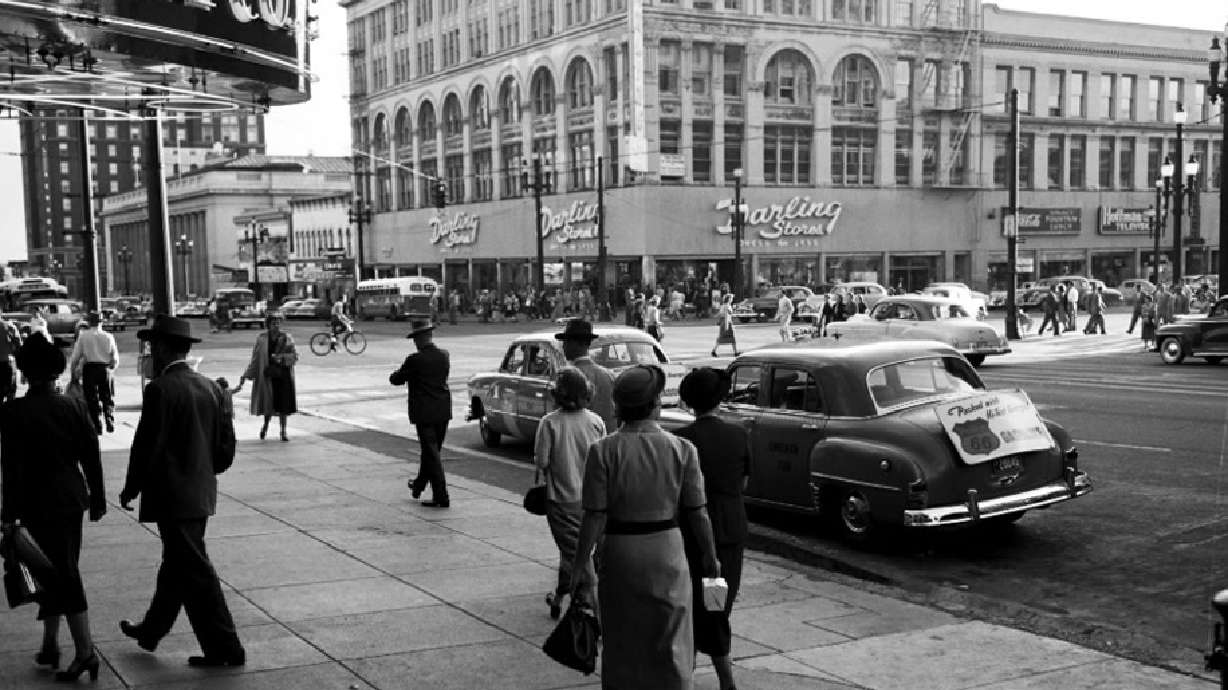Estimated read time: 2-3 minutes
- Salt Lake City is launching a historical marker program to highlight possibly overlooked history.
- The program, proposed by a city councilman, received $30,000 funding.
- Submissions for significant sites are open until Feb. 28 before they're evaluated by city officials.
SALT LAKE CITY — Utah's capital city is full of history, some of which is common knowledge and some of which isn't — either lost in time or hidden in plain sight.
"We're very familiar with the predominant narratives of pioneers coming to the valley, but there's so many other stories, so many other pioneering groups coming through Salt Lake City," said Salt Lake City Council Chairman Chris Wharton.
Some of that history could soon come back to life through a new historical marker program that the city officially launched this month. The program seeks to add plaques and signs at specific sites that highlight a significant historical event, person or place in the city. Each marker will include information about why the site is so historically significant.
Wharton proposed the idea some years ago and then advocated for the $30,000 funding to make it happen, citing his love for history and the "incredible" stories that he didn't know until learning about it while in office. The idea of the program is to share more about the history not in textbooks that can be found across the city.
"As a sixth-generation Salt Laker, I know what Salt Lake City has meant to me and my family. I imagine that's true for a lot of families that have been here for a long time, so I want to highlight that history more," he told KSL.com. "I think that, in doing so, we'll give people not only a greater appreciation of our city and our city's history, but also I think it also helps inform the future about ... what we care about most."
The first markers are yet to be determined, but the city cited historic Japantown, Greektown or the site where Seraph Young became the first woman to vote as possible examples.

City officials put out a call for submissions earlier this month, seeking nominations of commercial, industrial, public, private or residential buildings or structures, or other items with some kind of significance in the city's history. Each submission should include primary or secondary sources — such as records, newspaper articles or books — that support the historical claim, or oral histories of the site.
"Programs like this are so important because they shine a light on the stories of communities whose histories have often been overlooked," added Damian Choi, Salt Lake City's chief impact officer, in a statement. "These markers help ensure that these voices remain visible and valued, reminding us all that their contributions are an essential part of our shared journey."
The current round of marker requests will continue through Feb. 28. The first markers will be determined through a review by the Salt Lake City Mayor's Office of Access and Belonging with support from the Human Rights Commission.
It wasn't immediately clear when the first markers will be constructed or placed across the city.










